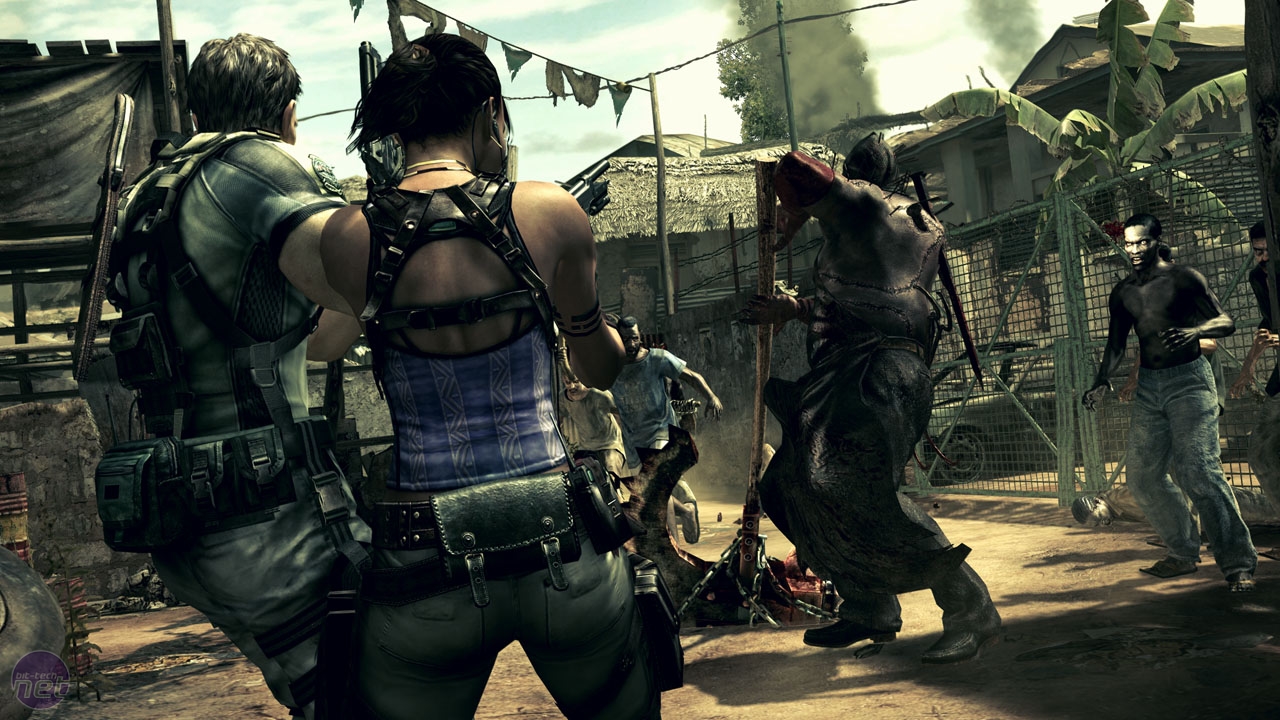 First, lets start with how the games are rated. This is done by the BBFC (British Board of Film Classification) and Pegi (Pan European Game Information). All games now a days will be rated by one of these two companies. BBFC are the same board that put the age ratings on films. Any game that uses this board has the exact same restrictions as the films do. Like for example, a game/film rated 15 can only be bought be a person ages 15 or over. There is also a small description of what is included in the game that is put next to the certificate. This may say, "Contains mild violence and one use of strong language", just like what it would say if it was rated on a film.
First, lets start with how the games are rated. This is done by the BBFC (British Board of Film Classification) and Pegi (Pan European Game Information). All games now a days will be rated by one of these two companies. BBFC are the same board that put the age ratings on films. Any game that uses this board has the exact same restrictions as the films do. Like for example, a game/film rated 15 can only be bought be a person ages 15 or over. There is also a small description of what is included in the game that is put next to the certificate. This may say, "Contains mild violence and one use of strong language", just like what it would say if it was rated on a film. Pegi are slightly different. Their ratings are only used for games, but instead of having a brief description of the content that's in the game. Instead, they include icons of the content in the game, which is an easier and quicker way of saying what content there's going to be in the game.
Pegi are slightly different. Their ratings are only used for games, but instead of having a brief description of the content that's in the game. Instead, they include icons of the content in the game, which is an easier and quicker way of saying what content there's going to be in the game.
In 2009 a law was enforced that only people aged above the age rating on the game were allowed to buy that game. This meant that before this law was enforced, anyone was able to buy any game no mater what the age rating was. But even though this law was enforced, it doesn't stop people that are under the age limit from playing whatever game they want. Call of Duty, for example is a highly played multiplayer game, with the majority of the players being under 18 children, even though the age rating for COD is usually 18. This shows that, even though the icons that Pegi and description that BBFC use for their games are their to warn the customer about what's on the disc they're about to buy, doesn't stop people under age from playing games they're not supposed to.
This will continue to be an issues for specific companies which have younger audiences for their higher age rated games, like Infinity Ward for example. The company that owns Call of Duty are not only going to have a hard time because of most of their COD audience being kids, but also because they will find it difficult to make drastic changes to the game to make it stand out more, like more blood and more use of the Pegi logos. They won't just find this hard because it may upset their audience, but it's because the majority of their audience are kids, meaning that the graphic changes may upset the younger viewers, and if not, it'll definitely upset the parents of the children who play these games, meaning that Infinity Ward and other companies with similar problems are going to have a problem with trying to expand their audience.
Regulatory issues are always going to effect companies who make games that use any of the Pegi logos. People who are under age are going to continue to play games that either not suitable for them, or that their guardian doesn't want them to play, because of the content that is shown on the back of the game box.
Links used:
http://en.wikipedia.org/wiki/British_Board_of_Film_Classification
http://en.wikipedia.org/wiki/Pan_European_Game_Information



_cover.jpg/256px-Tomb_Raider_(2013_video_game)_cover.jpg)
